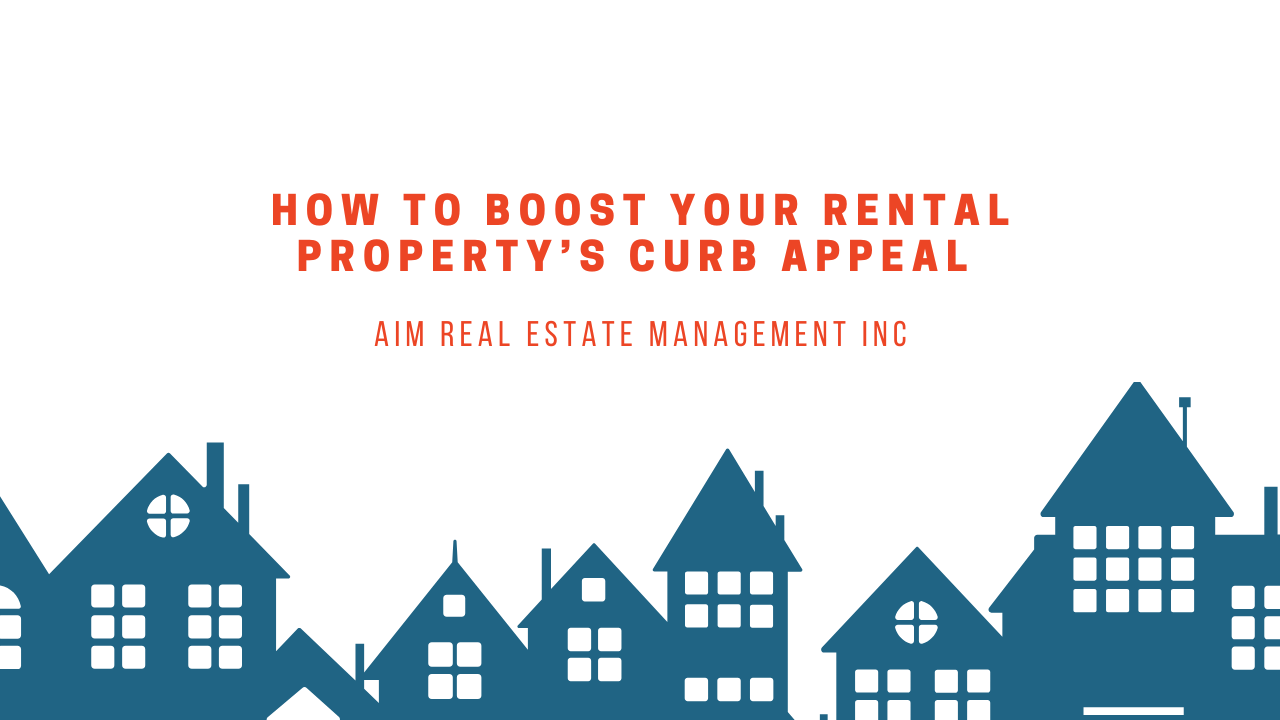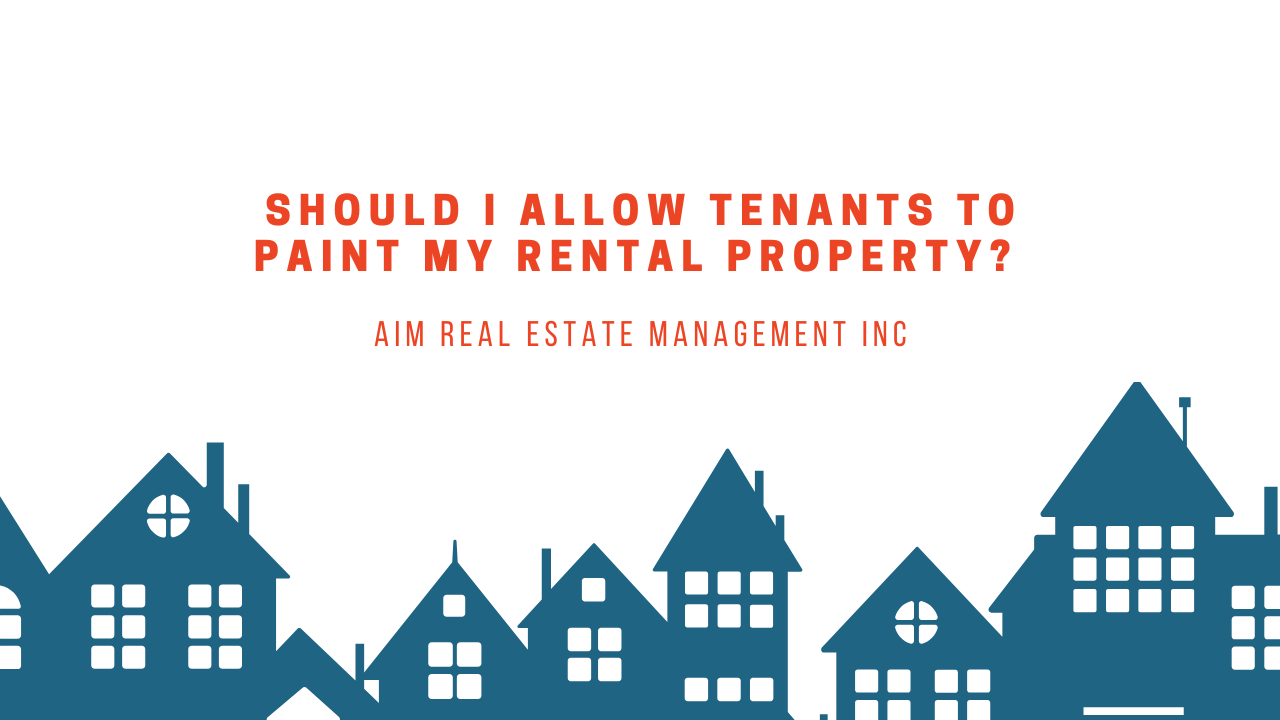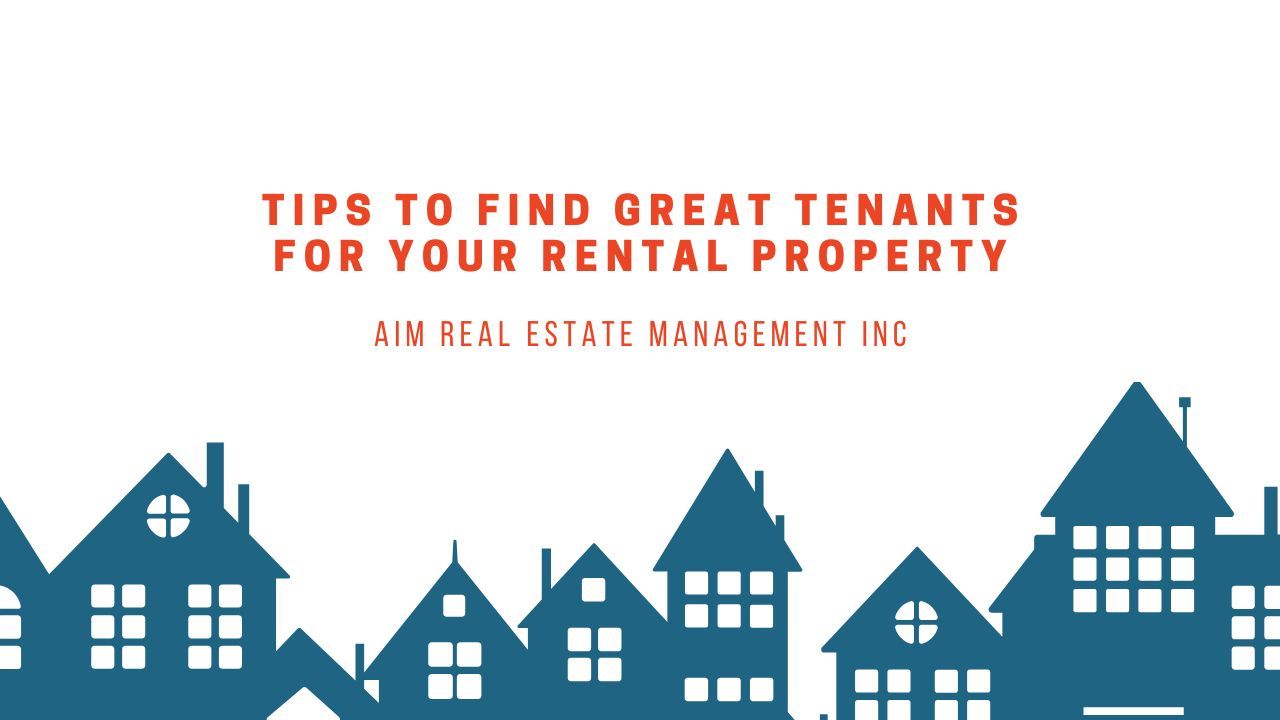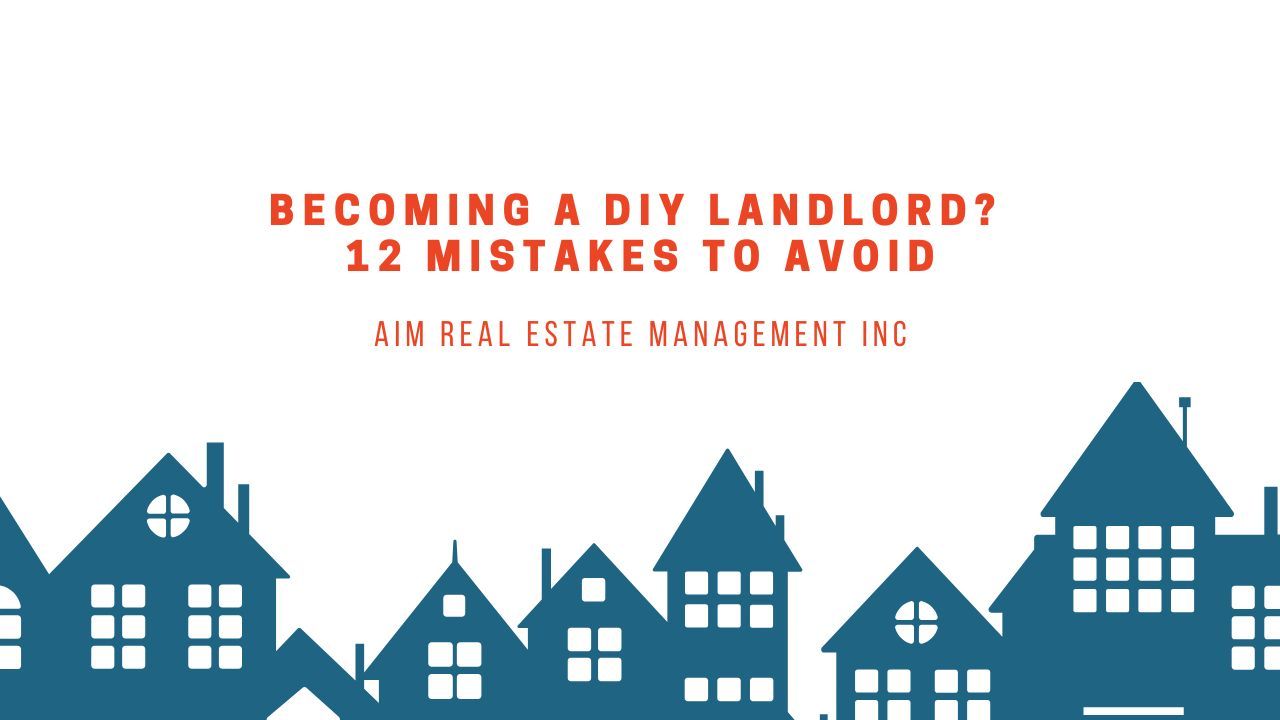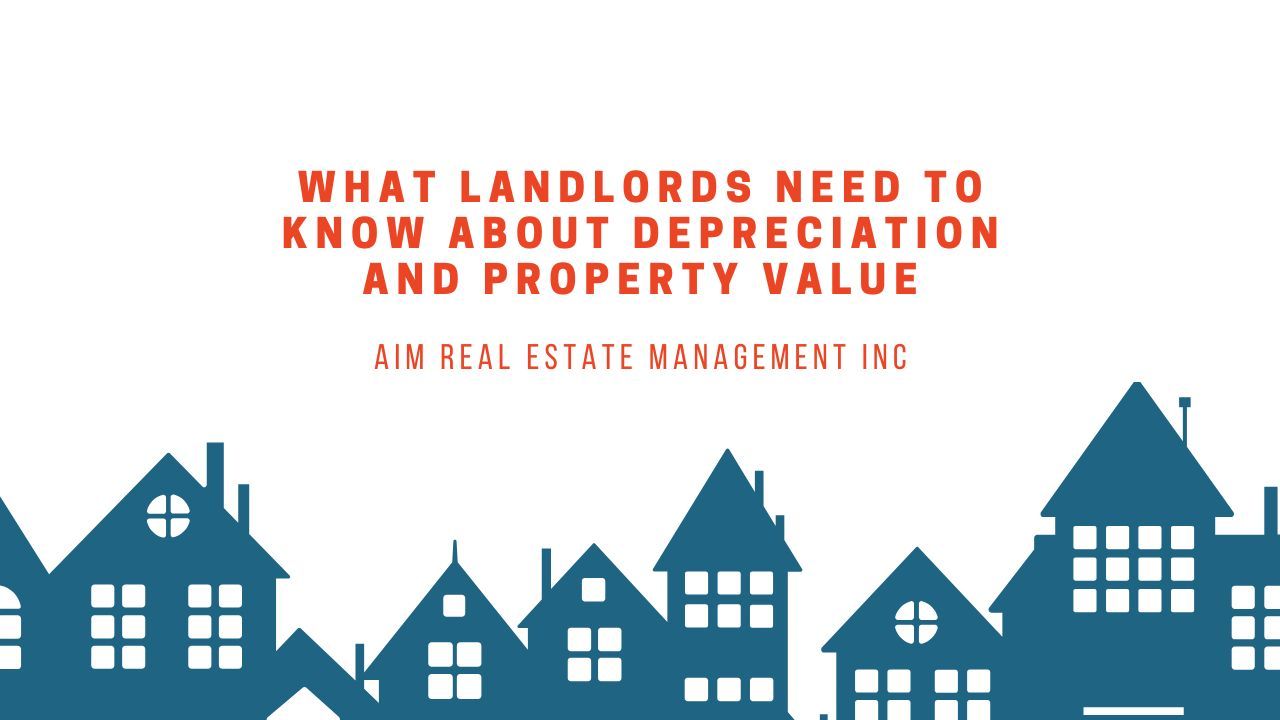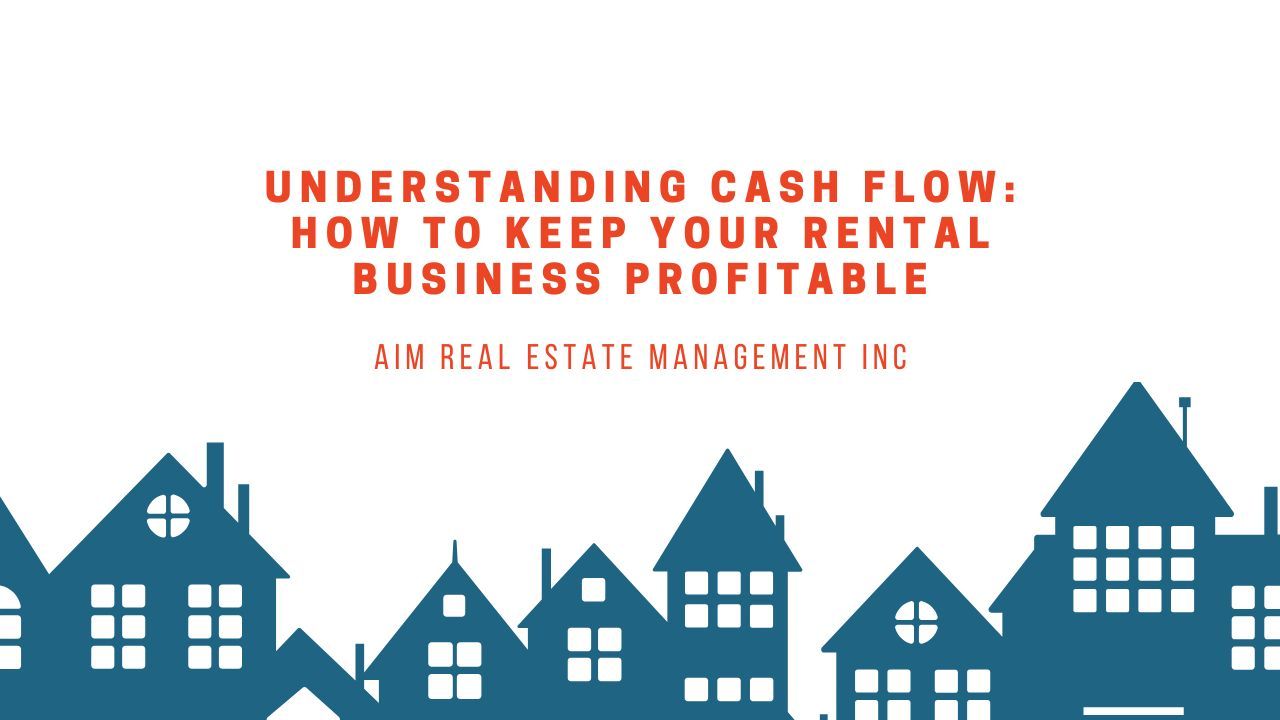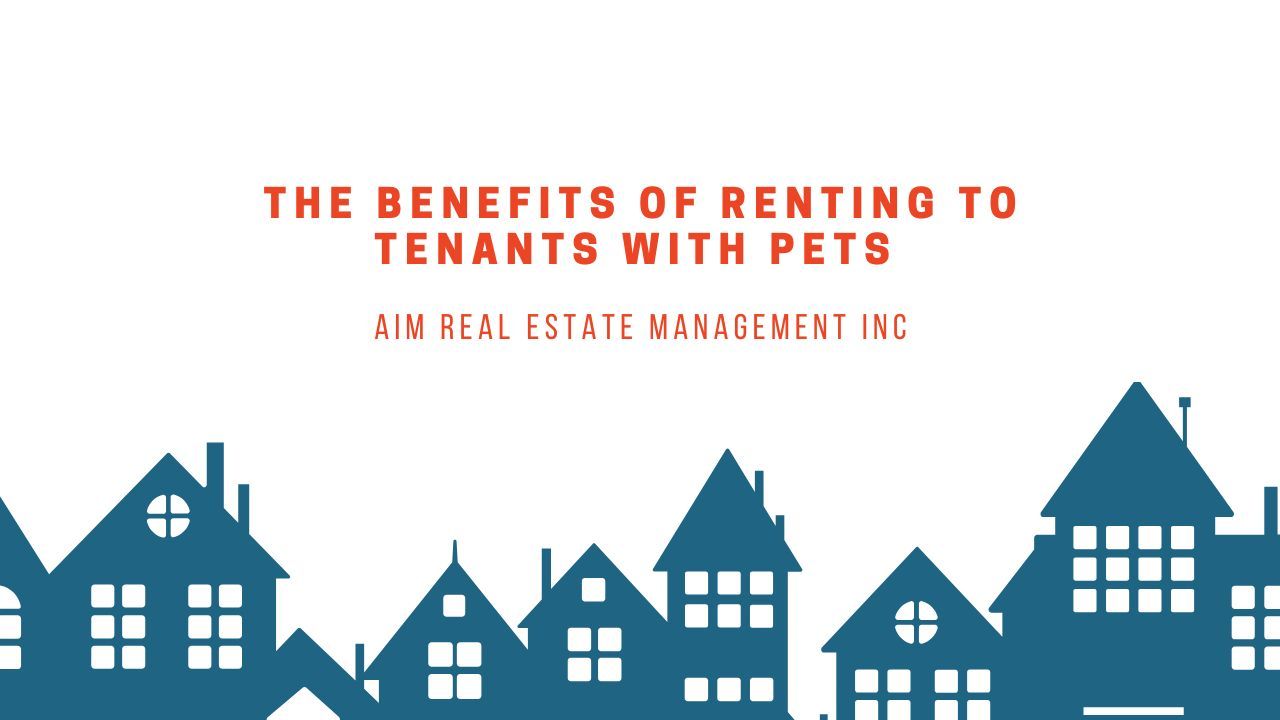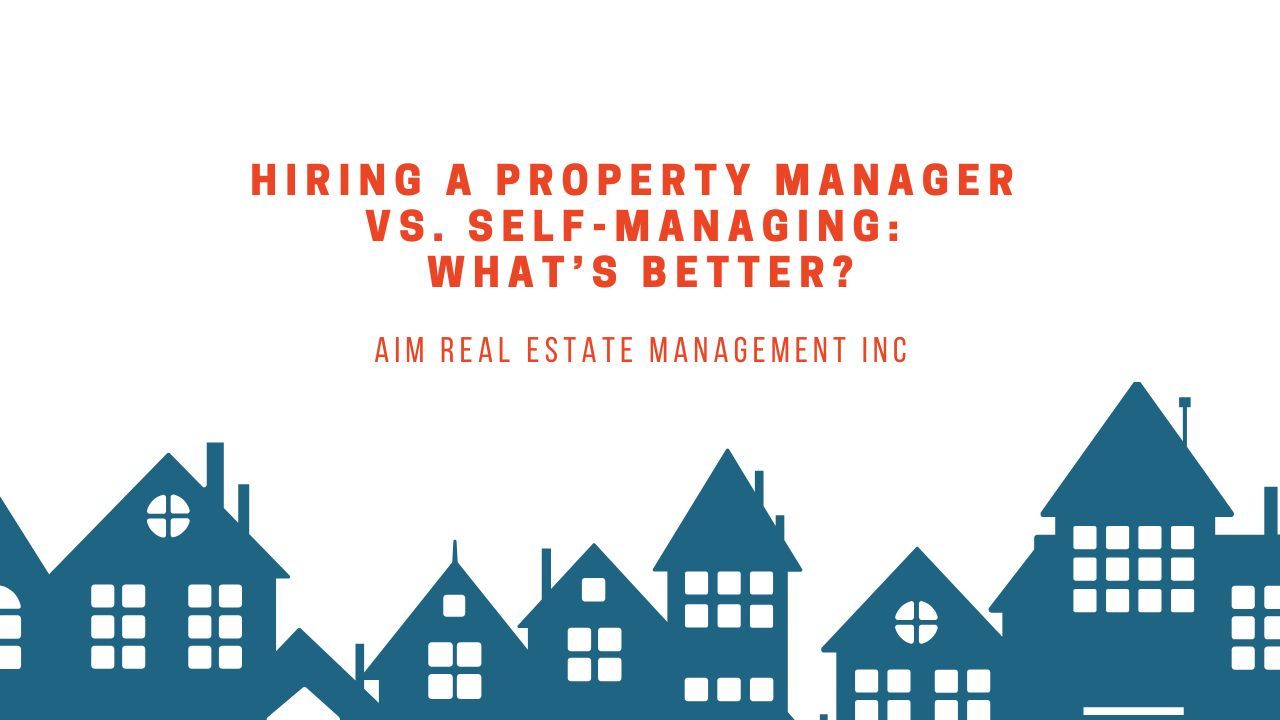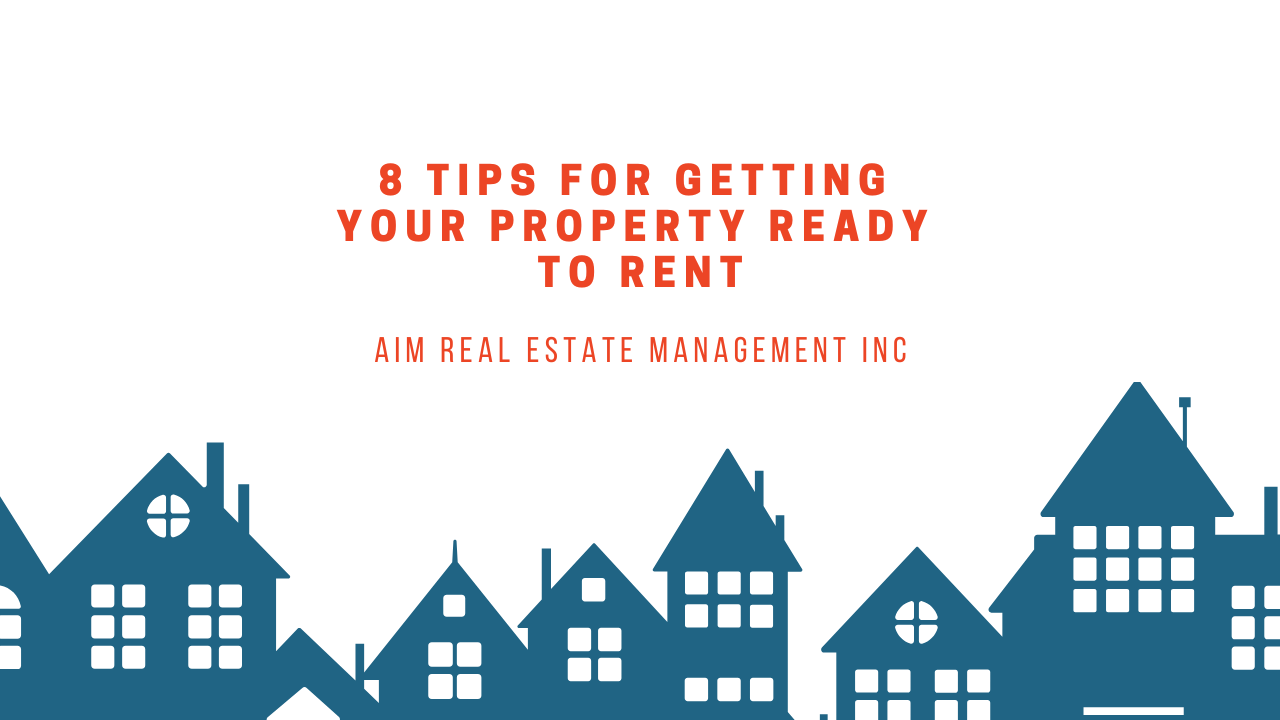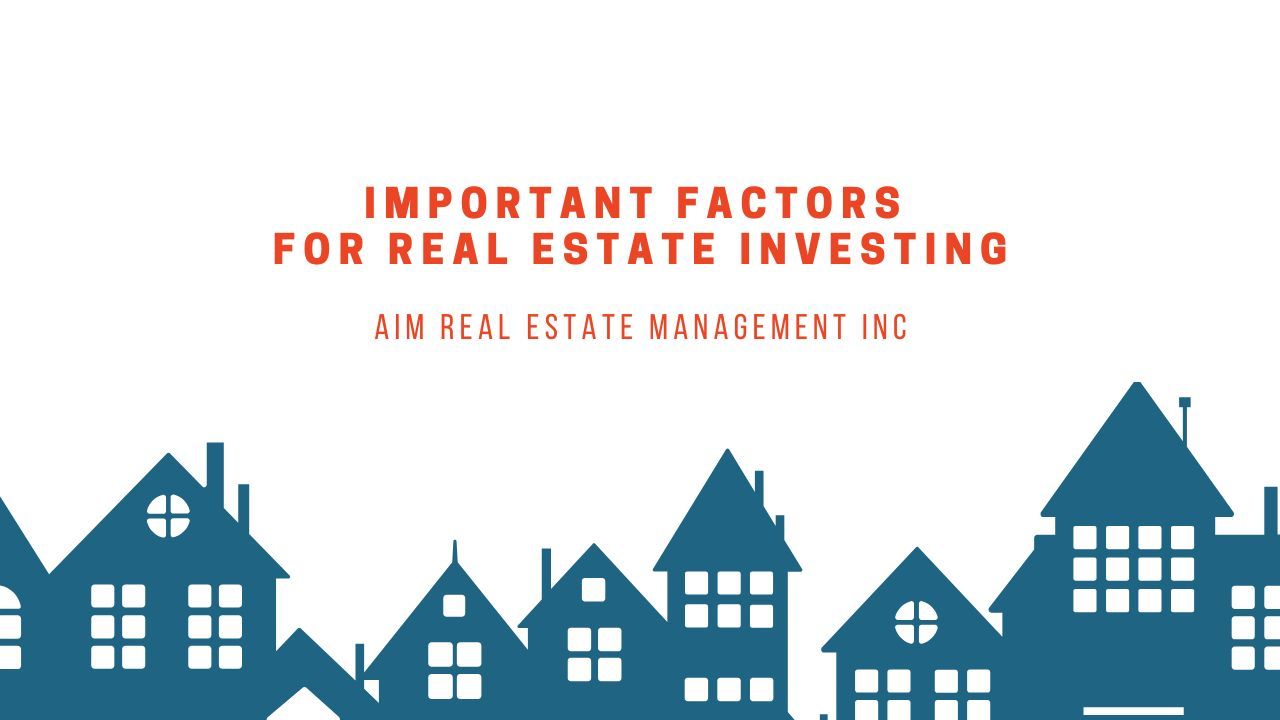Can You Sell a Property Occupied by a Tenant?
Key Takeaways
- Understand Lease Agreements: The type of lease—month-to-month or fixed-term—significantly impacts the selling process. Month-to-month leases offer more flexibility for ending tenancy, while fixed-term leases may require honoring the existing agreement until it expires.
- Legal Considerations: It's crucial to review local property laws and the specific terms of your rental agreement before initiating a sale, as tenants may have the legal right to remain until the lease concludes.
- Tenant Cooperation: Maintaining open communication with tenants can facilitate the selling process. In some cases, tenants might be interested in purchasing the property themselves, providing a straightforward solution.
Investors have varied timelines for holding a property asset. Some plan to keep them for the long term and earn returns throughout the years. Others will sell them to profit from their real estate investment.
If you wish to sell off your property and have found a good buyer, you may face the issue of having an existing resident. What if a good price is offered but the lease contract would end in a year or two? Read on to learn about the different options available to property owners with active renters.
What Are the Challenges You Will Encounter When Selling a Property Occupied by a Tenant?
With an ongoing occupant in your rental space, you can end up experiencing difficulty in selling your rental property. Some of the challenges you may deal with are the following:
Legal Issues
If your rental agreement does not include a condition of vacating the property when it is sold off, then it can be harder to ask renters to move out. Legally, the renter can stay until the contract expires. Property laws can vary from one city and state to another so always check your legal options.
Unique Situations
You need to consider diverse factors and must look at each situation individually. Analyze the market condition, the terms of the lease, rental agreement conditions, local laws, and the tenant’s viewpoint.

Variable Outcomes
You cannot always predict what will happen no matter how much you prepared. Outcomes can still differ from what you initially planned. While there may be buyers willing to wait until the renter moves out or the lease term is over, it is expected that most would not. Even with the issue resolved, the aftermath can change since other variables may come into play.
Month-to-Month Leases
For landlords who have set a month-to-month tenancy arrangement, selling off a property can be easier than those who have an ongoing long-term lease setup.
Landlords with month-to-month leases can send a notice to the renter to end the rental arrangement in a month or two and this is acceptable. Month-to-month leases offer a flexible option for landlords on the verge of selling their units.
Fixed-Term Leases
If you’re a landlord who offers fixed-term leases, you can have a harder time landing a serious buyer. If you have cooperative renters, then it can reduce potential problems. Renters who have met their end of the lease agreement can always legally stay on until the lease ends.
When Tenants Refuse to Move Out
A situation that can occur is renters refusing to leave. If this happens, you can proceed with the following steps:
Sell the Unit to the Renter
Place yourself in the shoes of the renter. What if they planned to live in the unit for years or have grown up around the neighborhood? It can be hard for them to simply leave. If this is the current scenario, then communicate to the renter that they can buy the unit instead.

If both of you agree, then this is a win-win approach where you get your financial returns and the renter enjoys the residence longer. Keep in mind, however, that renters may experience loan disapproval, which can make the situation challenging.
Consider a Buyout
Another option you have is handing over cash to the occupant to encourage them to end the lease voluntarily and walk away with a financial reward. At a specific date, they can move out immediately.
Market to Homebuyers
Another option that landlords have is selling the property to prospective homebuyers. When property demand is high, it can be difficult to find a good property. Knowing this, the potential homebuyer may be okay with waiting until the renter finishes the lease term, however, not everyone is open to this setup.
Consider Selling to Other Investors
With investors seeking profitable properties, they can be willing to take over the rental space. It might even be a huge plus for them when your unit has a resident since they won’t need to perform strategic advertising.
Effortless Strategies to Sell a Tenant-Occupied Property
Several techniques are available for landlords to help sell a property with an existing resident. Here are some of the options:
Time Your Property Marketing Correctly
Advertising a property for sale when the tenancy is nearing its end is ideal since this lets you avoid possible conflicts. You can earn more from the property sale by waiting until good market conditions occur. A seller’s market can increase your chances of getting high profits from having the upper hand in setting prices.

Partner With a Property Management Company
Engaging the services of a property manager can leave you with peace of mind and more time freedom. By hiring a property manager, you can also access professional expertise, which makes the property-selling process easier.
Hire an Excellent Lawyer
Access to legal expertise is necessary to ensure that you are properly guided and won’t be breaking any laws when selling a unit with an existing occupant.
Create a Backup Plan
It is best to plan in advance. What is your next step if the renter won’t consider a buyout? Plans typically evolve so it is not advisable to hope everything will stay as they are or that the current resident will go along with your decisions.
Bottom Line
Selling an occupied property requires thoughtful planning and consideration. It might be better to seek a dedicated property management team to walk you through the process and protect you from any legal issues.
If you are looking for a trusted property manager,
AIM Real Estate Management is ready to serve your unique property management needs! Contact us today. We’re here to help with all your property management needs.
